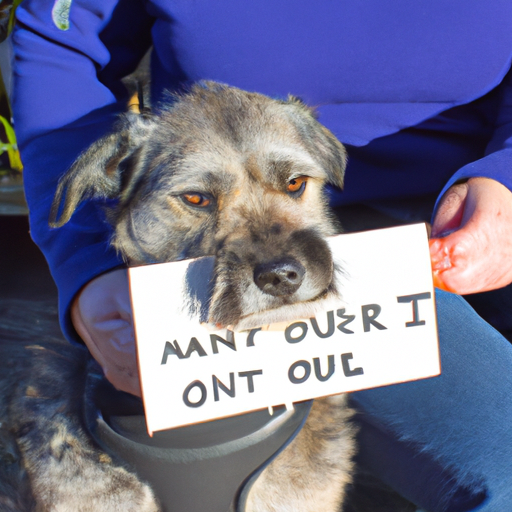Barking is a natural form of communication for dogs, but when it becomes excessive, it can be a problem. In this guide, we’ll delve into the possible reasons behind your dog’s constant barking and offer practical solutions to help reduce the noise.
Understanding Why Dogs Bark
Dogs bark for a variety of reasons. Understanding why your dog is barking is the first step towards addressing the issue.
- Territorial/Protective: Dogs will bark if they feel their territory is being invaded.
- Alarm/Fear: Some dogs bark at any noise or object that catches their attention or startles them.
- Boredom/Loneliness: Dogs are pack animals. Dogs left alone for long periods of time may bark because they are bored or lonely.
- Greeting/Social: Dogs may bark when greeting people or other dogs.
- Separation Anxiety/Compulsive Barking: Dogs with separation anxiety often bark excessively when left alone.
Training Your Dog to Be Quiet
Training your dog to be quiet involves rewarding them for silence and gradually extending the periods of silence.
- Start with making your dog quiet for a short period, then reward them.
- Gradually extend the quiet period before rewarding.
- If your dog starts barking again, ignore them until they stop, then start the training again.
Using Distraction Techniques
Sometimes, simply distracting your dog can help.
- Change their environment: If your dog is barking at something outside, move them to a different room.
- Use toys or treats: A new toy or treat can distract your dog from whatever is causing them to bark.
Implementing Regular Exercise
Regular exercise can help reduce excessive barking caused by energy or boredom.
| Type of Exercise | Frequency |
|---|---|
| Walk | Daily |
| Run/Play | Daily |
| Dog Park Visit | Weekly |
Using Bark Control Devices
There are several devices available that can help control excessive barking.
- Ultrasonic Devices: These devices emit a high-pitched sound that only dogs can hear.
- Vibration Collars: These collars vibrate when your dog barks, distracting them.
- Citronella Spray Collars: These collars spray a harmless citronella mist that dogs find unpleasant.
Seeking Professional Help
If your dog’s excessive barking continues despite your best efforts, it may be time to seek professional help.
- Professional Trainers: A professional dog trainer can offer personalized training strategies.
- Veterinarians: If the barking is due to medical issues, a vet can provide treatment options.
- Behaviorists: A certified applied animal behaviorist can help with more complex barking issues.
Avoiding Common Mistakes
When trying to stop your dog from barking, avoid these common mistakes:
- Yelling: Yelling at your dog can actually encourage them to bark more.
- Inconsistent Rules: If your dog is allowed to bark sometimes but not others, it can confuse them.
FAQs
Q: Why is my dog barking at night?
A: Your dog could be barking at night for a variety of reasons, such as fear, discomfort, or disturbance from nocturnal animals. It’s important to identify the cause before implementing a solution.
Q: Can I use a shock collar to stop my dog from barking?
A: While shock collars can stop a dog from barking, they are generally considered inhumane and can cause more harm than good. It’s better to use positive reinforcement methods.
Q: How can I stop my dog from barking at other dogs?
A: This could be a sign of social anxiety or a lack of socialization. Regular interaction with other dogs can help alleviate this issue.
Remember, patience is key when dealing with a barking issue. With consistency and positive reinforcement, you can help your dog become a quieter, happier member of your family.



